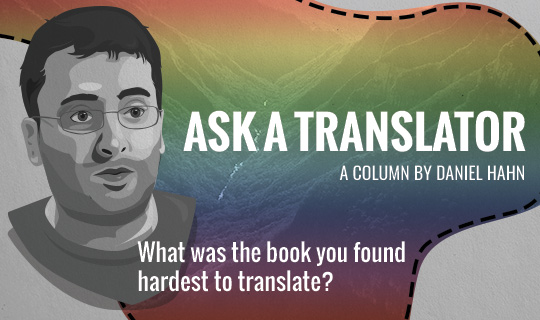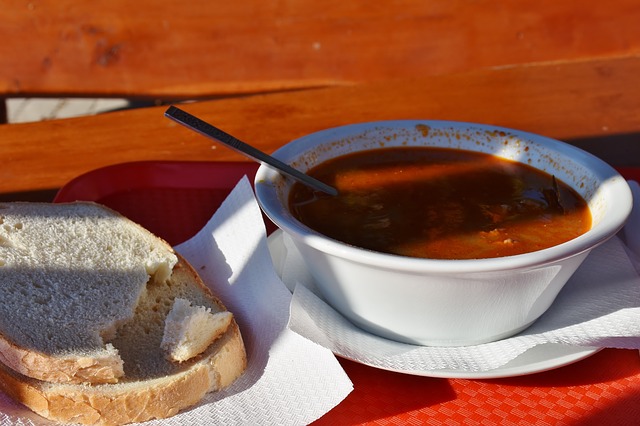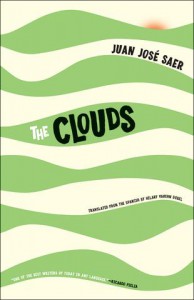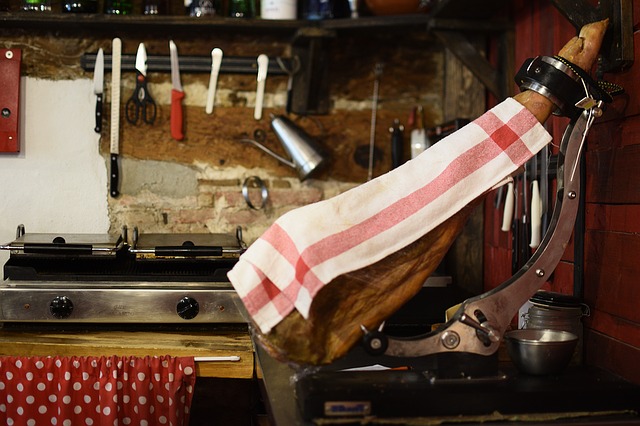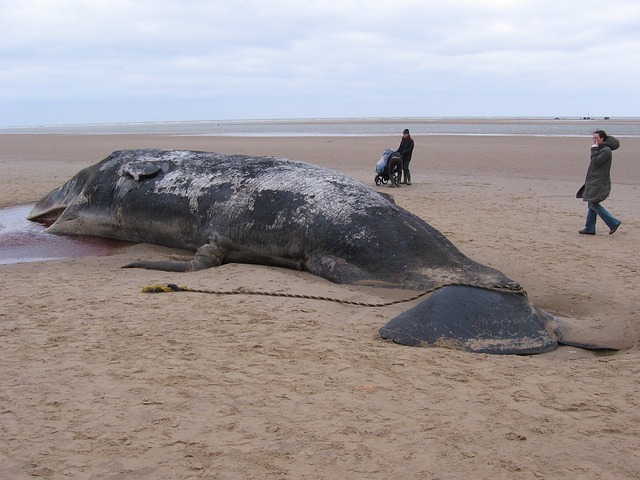Since she’s been ill, my mother’s become a frail little thing with a faltering memory. She summons members of her family who are long dead. She talks to them, is astonished that her mother hasn’t come to visit, and sings the praises of her little brother who, she says, always brings her presents. They file past her bedside, sometimes they linger. I don’t interrupt them, I don’t like to upset her. Keltum, her paid companion, complains: ‘She thinks we’re in Fez, the year you were born!’
Mother’s revisiting my childhood. Her memory’s been toppled, lies scattered over the damp floor. Time and reality are out of kilter. She gets swept away by the emotions that come surging back. Every quarter of an hour, she asks me: ‘How many children do you have?’ Every time, I answer in the same even tone. Keltum is agitated and interrupts to say she can’t stand Mother’s repeated questions any more.
Mother’s afraid of Keltum. She’s a woman whose eyes betray her wicked thoughts and she knows it. When she speaks to me, she looks at the floor. When she greets me, she’s obsequious, bowing and attempting to kiss my hand. I don’t want to push her away, or put her in her place. I pretend not to know what she’s up to. I can see fear in my mother’s eyes. Fear that Keltum might leave her on her own when none of us are here. Fear that she won’t give her her medication. Fear that she’ll let her go without food, or worse, give her meat that’s gone off. Fear that she might spank her, as if she were a naughty child. In one of her lucid moments, my mother said to me: ‘I’m not mad, you know. Keltum thinks I’m a little girl again. She tells me off, she threatens me, but I know it’s the pills playing tricks on me. Keltum’s not a bad person, she’s just prickly. She’s tired. She’s the one who washes me every morning, you know, son; she’s the one who cleans up the stuff that leaks out of me. I couldn’t ask that of you, or your brother, so Keltum’s here for that too. It’s as well to forget the rest …’ READ MORE…



